Brian Selby is a self-taught knifemaker who started making knives four years ago, in his single-car garage. Like most knifemakers, Selby started out with a limited number of tools, making due with little more than a belt sander in the beginning. Over time, Selby began to build up his shop from the proceeds of his knife making venture. As a self-taught knife maker operating with limited equipment, Selby had to come up with his own techniques and processes, often resorting to what some might consider unconventional methods, if there is such a thing in the knife making world. I had the recent privilege of evaluating one of Selby’s Full-Size Folsom Knives, and I can say that whatever methods Selby uses, the final product speaks for itself.
The eight-inch Folsom, named after the current home of Selby Knives in Folsom, California, is handmade from 3/16” A2 tool steel. A2 is an interesting steel because of its metallurgic properties. Unlike many high-carbon blade steels, A2 is an “air-quenched” steel, meaning you won’t see a knife maker plunging a red-hot piece of A2 into a tank of oil like you see on Forged in Fire. This is because the rate at which martensite is formed is relatively slow in this type of steel, requiring the steel to remain at higher temperatures for a longer time. The benefit to this is that the steel can cool more uniformly, reducing the risk of cracking and distortion.
Due to the composition of A2, it can retain a significant amount of austenite after normal heat treating (quenching and tempering). For this reason, the Folsom is cryogenically treated after quenching to convert the remaining austenite into martensite. Once this is completed, the Folsom undergoes two tempering cycles to bring the Rockwell hardness of the blade to 60-61RC. Okay, enough about metallurgy.
The very first thing that struck me when I removed the Folsom from the box was the very precise grinding of the secondary bevel on the Folsom’s four-inch blade. If you have ever made a knife, or even re-profiled a knife, then you know how difficult it is to produce an even grind. The edge on the Folsom is so perfectly ground that it will leave the most seasoned knifemaker green with envy. I have yet to see even a production knife with this level of secondary-bevel precision.
The textured G10 handle scales of the knife I received were beautifully crafted and textured with an “Anso” pattern. Combining these lovely handle scales with the Folsom’s handle shape, which includes a large thumb notch, makes the Folsom extremely comfortable to hold and work with. If you are a regular follower of my blade reviews, then you know that I like a knife that fits comfortably in all four grip configurations: forward, reverse, inverted-edge forward, and inverted-edge reverse. The Folsom does just that, making it an excellent option for both utility and defensive applications.
The Folsom is coated with a graphite black Cerakote™ finish, which not only protects it from the elements, but gives it a beautifully finished look. The laser etched Selby Knives logo adds a touch of class and contrast to make the Folsom really stand out from the crowd.
An expertly hand-made Kydex™ sheath accompanies the Folsom to complete the total package. Kydex™ work is a skill all on its own and tends to pose the greatest challenge to many custom knifemakers; however, that is obviously not the case with Selby. His Kydex™ work displays the same skill and innovation that his knives do. The sheath includes a Tek-Lok™ attachment for multi-positional mounting.
The Folsom held up quite well during my testing and evaluation. The knife came razor sharp and kept that edge throughout the various tasks I placed it through, which included cutting wood, paper, cardboard, and copper wire. I also did a few tip-levers into a mesquite tree round to test the tip for hardness and toughness. The tip held up quite nicely without any bending, deformation, or breakage.
My favorite test involved thrusting the blade into a Level IIIA body armor panel that was free-hanging by hand (I was holding the top of the panel with my hand). The Folsom pierced the panel, and then cut all the way through during the withdrawal. I have done this test with many knives, but none to my recollection cut through as effortlessly as did the Folsom, a testament to both its sharpness and blade geometry.
Selby’s enjoyment comes from designing and making tough, functional knives. Selby only makes knives that he would personally carry. His passion shows through in the quality and craftsmanship of his knives. At a price of only $125.00, I personally think the Folsom is way under-priced.
As a side note, Selby also has a REALLY cool gadget called the Battle Opener, partially shown in one of the photos above. It’s a functional, 5-slot Picatinny rail (MIL-STD-1913) bottle opener/pry-bar tool that’s sure to give even the most avid gun enthusiast a sense of pride when opening bottled-beverages among friends.
You can visit Selby Knives at their website to learn more about them or to purchase your own Folsom or other Selby product. Be sure to like them on Facebook and follow them on Instagram.
Photo Credits: Chad McBroom

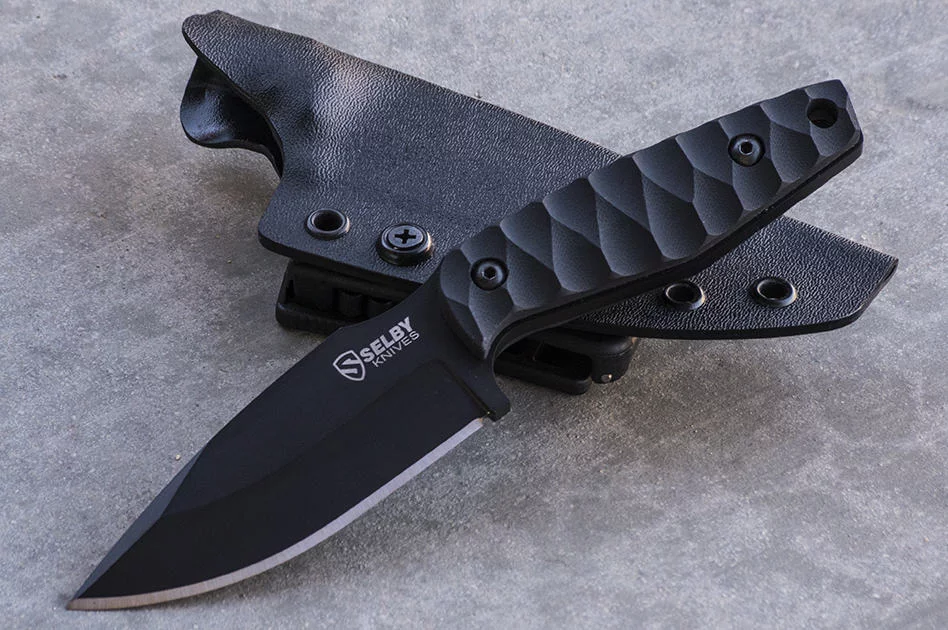
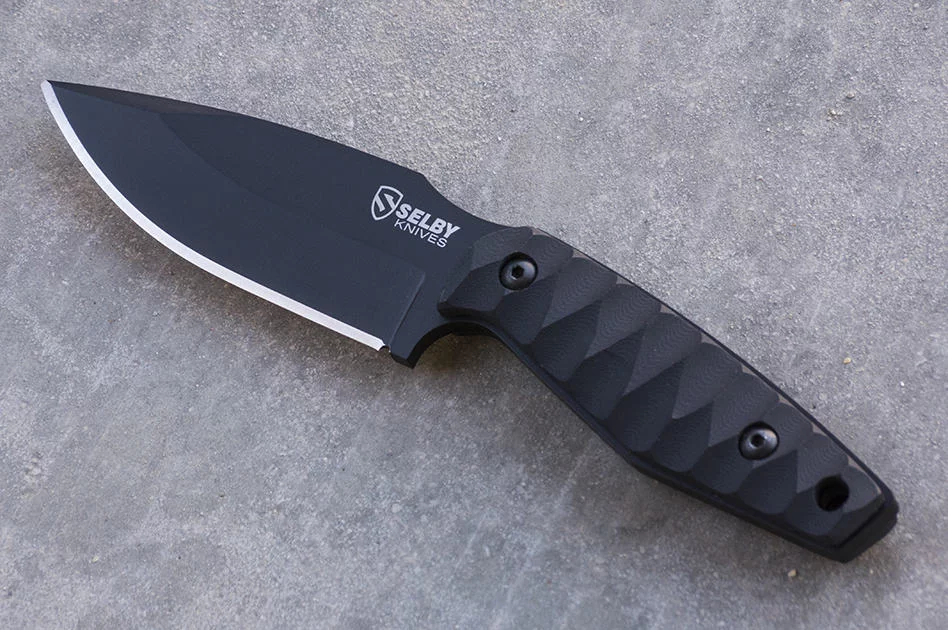
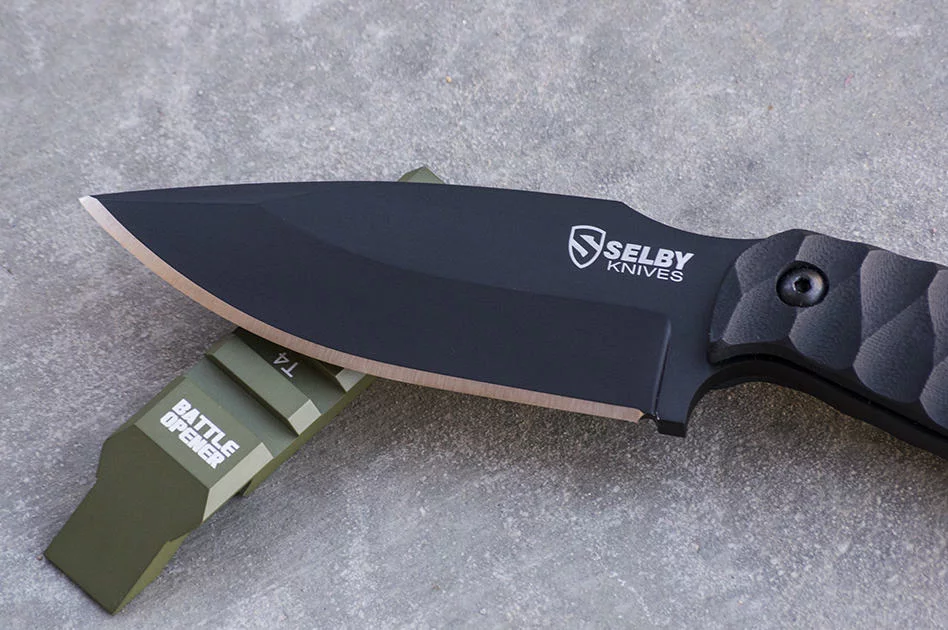
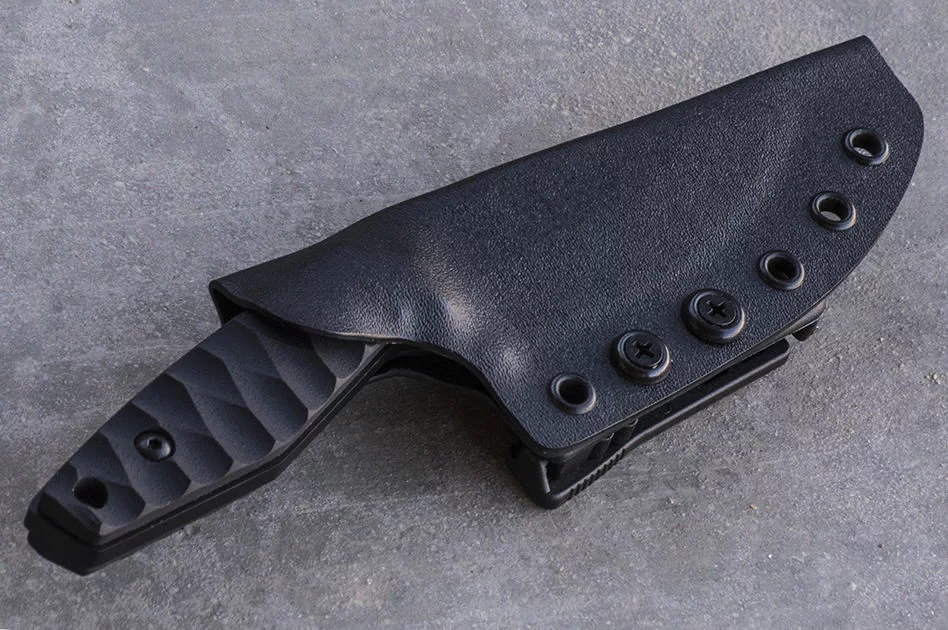
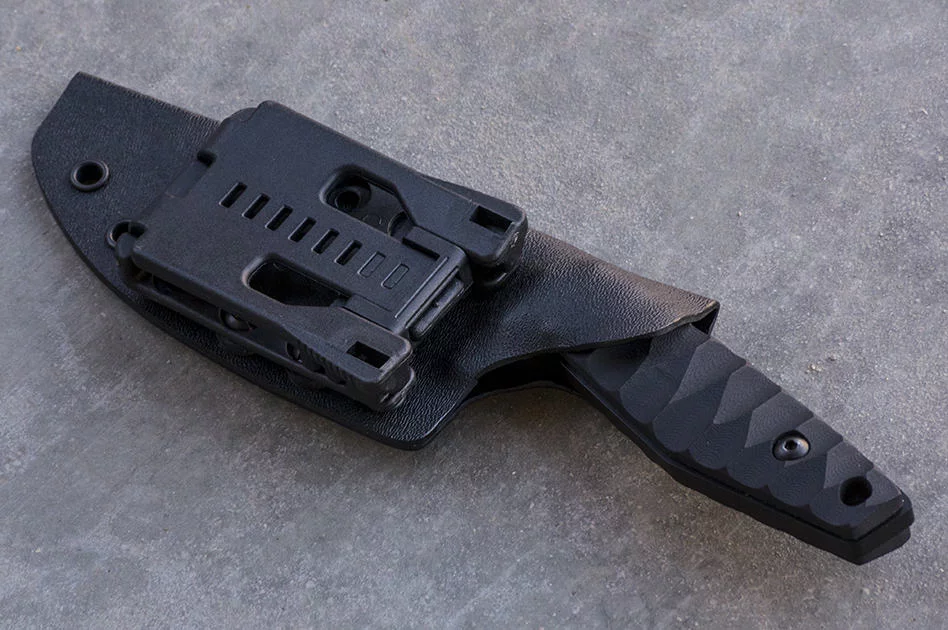
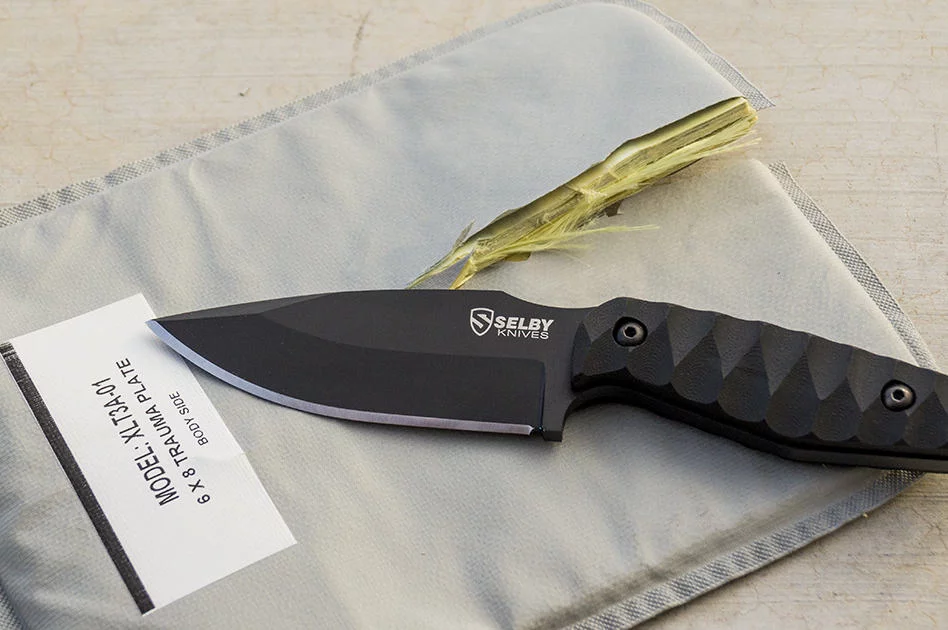
5